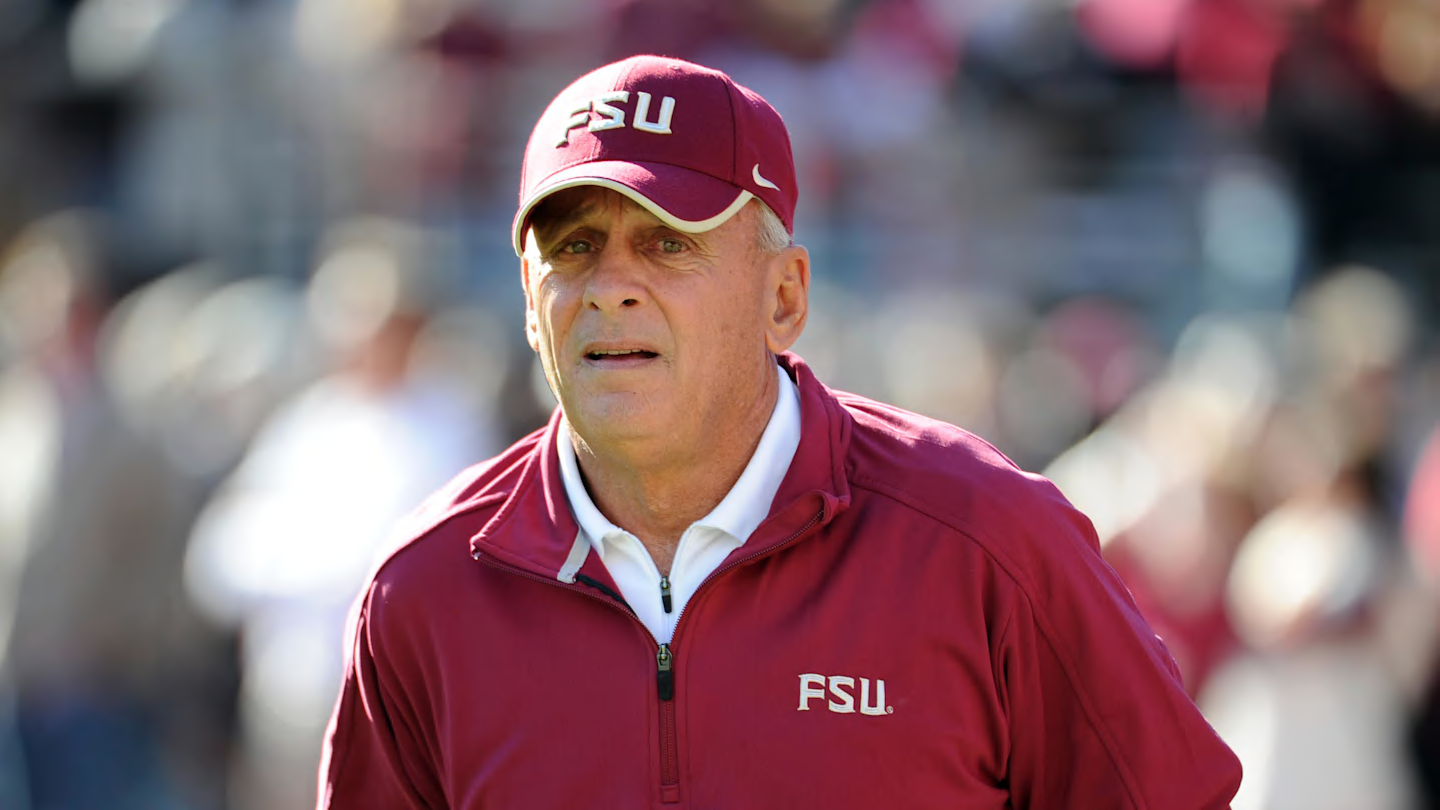Callum Wilson wouldn’t have recognized Josh Shapiro if he was shown a photo just a few weeks ago. Now, the Glasgow native is betting that the Pennsylvania governor will be Vice President Kamala Harris’s running mate.
A Scottish citizen, the 29-year-old can’t vote in a United States election. But that hasn’t stopped Wilson from following the twists and turns of the 2024 race with studied focus, placing bets through digital gambling platforms on American politics — a legal pastime in the United Kingdom.
“We take the tribalism and the emotion out of it a lot more,” Wilson said of his country’s political betting culture. That attitude influences wagers on everything from President Donald Trump’s 2016 election to whether the U.K. would leave the European Union. “Every year at the Royal Ascot horse race, you bet on the color of the Queen’s hat,” he said.
Gambling on the outcome of elections is illegal in the United States But that hasn’t stopped hundreds of millions of dollars pouring into online betting websites this year from both U.S. residents and those living abroad.
On Polymarket, for example, users on the increasingly popular cryptocurrency-based website can buy and sell shares of real-world event outcomes, such as if Harris will beat former President Donald Trump in November, or whether President Joe Biden will resign before the end of his term.
Unlike sports books such as DraftKings, these outcomes-based platforms cater to Americans either by justifying their existence through academic research, or by exploiting loopholes — even as illegal political gambling draws newfound ire from federal regulators.
But in the U.K., few restrictions exist; Wilson, a communications manager at the betting tips outlet Oddspedia, is just one of thousands of U.K.-based bettors who sees the 2024 race as a chance to place wagers across the pond.
“We’re looking at a market in the U.S. that’s only six years old,” said Pete Watt, who works at the betting outlet Covers, referencing the rise of digital gambling culture that followed a 2018 Supreme Court ruling legalizing sports betting. “In the U.K., it’s been decades — not just for sports, but for politics.”
Watt, a London resident, used the example of Betfair, a U.K. based exchange that bills itself as one of the world’s largest. There, he said, the exchange has already matched £38 million in bets on the outcome of the matchup between Harris and Trump. The site is not accessible through in the U.S.; at least £10 million was wagered on another U.K.-based exchange, Watt added.
Meanwhile not nearly as much interest has gone toward the “veepstakes,” even if Watt and Wilson are watching closely.
“Most people in the U.K., they just don’t know these names,” Watt said, rattling off North Carolina Gov. Roy Cooper (who officially took his name out of the running Monday) and Shapiro as examples.
“Punters,” a U.K. term for bettors, wagered just shy of £400,000 on Betfair to predict Harris’ VP pick, according to Watt. Shapiro had the best outlook as of Tuesday afternoon. Arizona Sen. Mark Kelly was a close second.
Both Wilson and Watt see betting on the vice presidential race as something of a niche market, with hard core gamblers leveraging hours of research and news gathering to inform their wagers.
Still, among their U.K. peers, interest in U.S. politics overall has ballooned since the shock outcome of the 2016 election, Watt said, and in his words: “more people following the race means more people betting. “
“When Trump came along, we [in the U.K.] had just never really seen politicians carry themselves the way that he did,” Watt said. “Everything he said was a sound bite. It was especially interesting if you juxtapose that to what British politics was like in 2016.”
But Watt has also learned that strict attention to electoral politics hardly guarantees a payoff. He bet around £20 on Pete Buttigieg’s bid for the Democratic presidential nomination in 2020 after following the candidate’s performance in Iowa and New Hampshire, in what would have been a £1,000 payout.
“I bet on Mayor Pete, and I’m actually considering backing him again for the veepstakes,” Watt said with a laugh. “He owes me for not finishing the job.”

/cloudfront-us-east-1.images.arcpublishing.com/pmn/Y3CDE4GDNVBHFFB75UC3S7AWW4.jpg)









